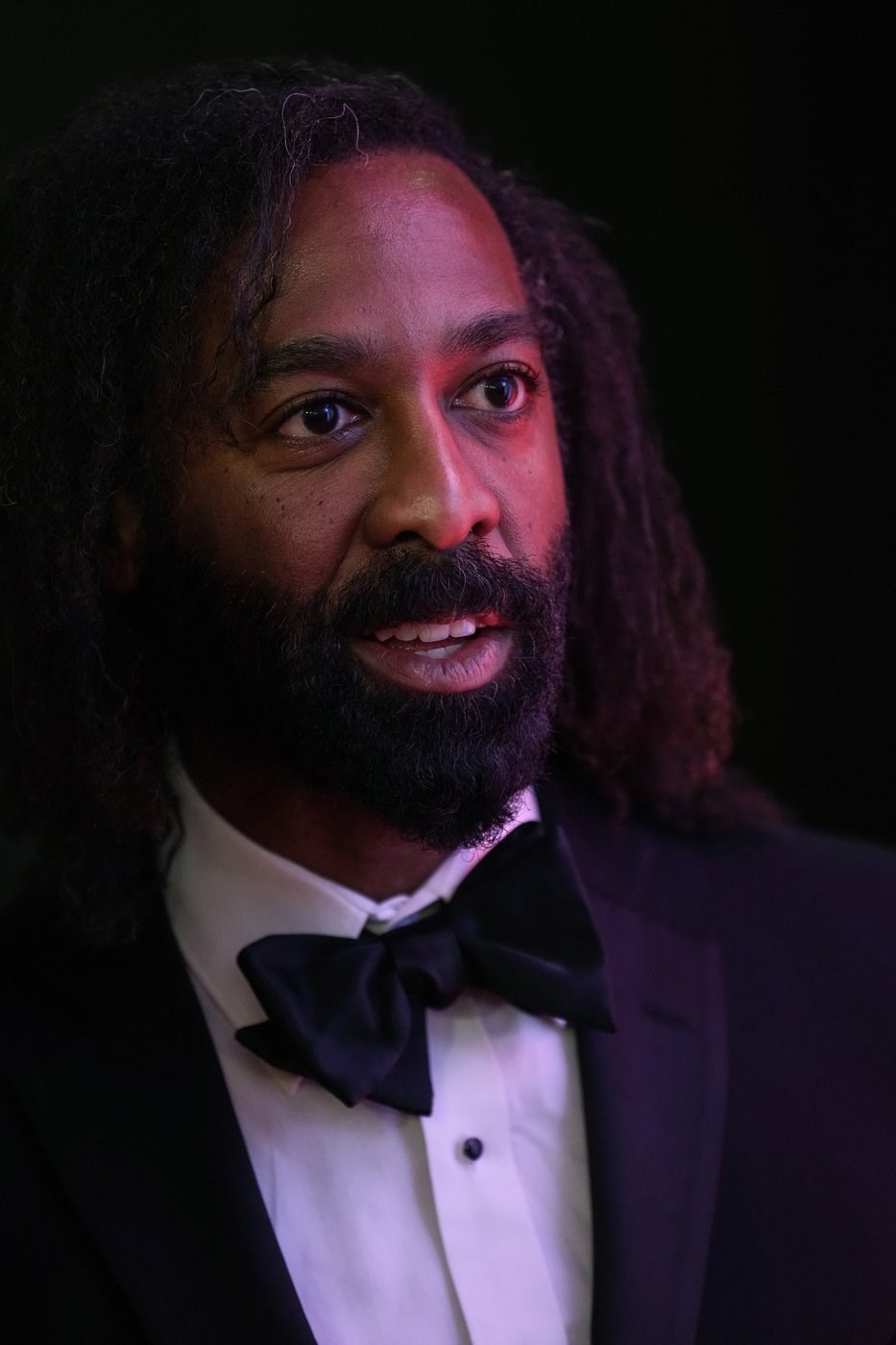TORONTO — As a fiction writer, Ian Williams has dissected conversation. He's learned its rhythm and texture, found its liver and lungs, so he can transmute it into dialogue on the page.
As a person in the world — a professor, a public intellectual and a non-fiction writer — he feels a responsibility to share all he's gleaned, both in his latest book and a series of public lectures.
"This has always been on the back burner, sort of in the background of my mind. Twenty years ago when I was doing my doctorate I was thinking about this. When I was writing 'Reproduction,' I was thinking about how conversations work, right? I'm a big dialogue person in books," said Williams, who won the Giller Prize in 2019 for that novel.
"I've been thinking about it in different phases, but now I was thinking about it through a non-fiction lens: what's derailed our conversations lately? What is this discomfort we feel at approaching each other with unpopular views or underdeveloped views? It felt so timely to write about that."
The result is this year's series of CBC Massey Lectures and the accompanying book, "What I Mean to Say: Remaking Conversations in Our Time," a sprawling meditation on how — and why — we speak to one another.
At the core of his thesis is that conversations require reciprocity. Conversation participants are partners, he writes, and their goal should be not persuasion but understanding.
It can be uncomfortable, he noted, to converse with people who hold vastly different opinions from our own without trying to win them over.
But he said it's worth it to "increase our level of tolerance with uncomfortable subjects and prickly people."
"If there's an ultimate purpose of, 'I get to understand this viewpoint better and I get to understand my own viewpoint better,' I think that's worthwhile," Williams said.
It's a different tack from many of the existing books on conversation, as Williams writes. He expounds on a series of self-help books — listing them along the margins of nearly three pages — that encourage readers to first identify what kind of conversation they're having and then adjust their approach accordingly so they get their ideal outcome.
"When I was reading these prescriptions in these kinds of 'difficult conversation' books, I was both charmed by their ease and their simplicity, and at the same time, resistant to those very two features," he said.
"I was like: I'm being suckered — and I don't want to enter a conversation so slickly."
Rather than an exchange or transaction, he sees a conversation as akin to a piano composition written for two hands: they support one another, urge each other along and interact, even if their positions are quite different.
Williams understands the desire for a how-to guide, but said his approach to this book is informed by his teaching practice.
As a longtime professor and current director of the University of Toronto's creative writing program, he said he's found it's more effective to guide someone to their own conclusions rather than giving them the answers.
"People have their individual work to do in conversations," he said. "I'm alerting it: here's something I'm noticing; here's a trend I see across our society. You see it too, and now what are you going to do about it?"
The first lecture in the series was recorded live in Sydney, N.S., on Oct. 1. Williams is set to stop in Iqaluit, Saskatoon, Victoria and Toronto the following four Tuesdays to record the rest of the talks. They will be broadcast on CBC's "Ideas" in November.
The book, published by House of Anansi Press, is out this Tuesday.
This report by The Canadian Press was first published Oct. 7, 2024.
Nicole Thompson, The Canadian Press



